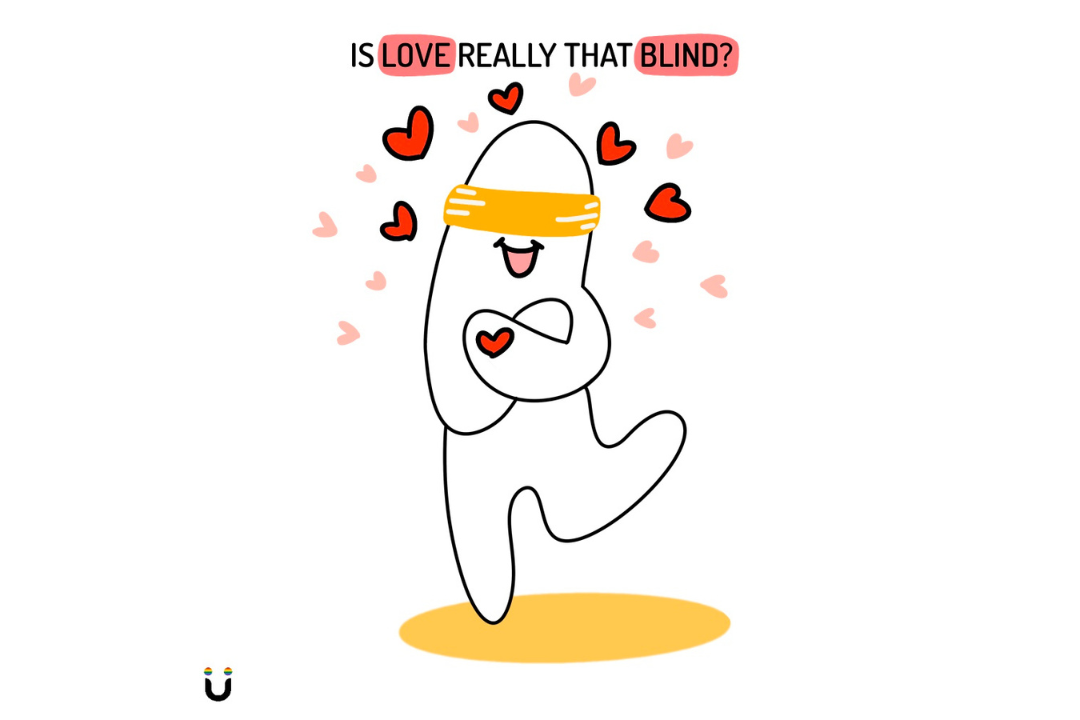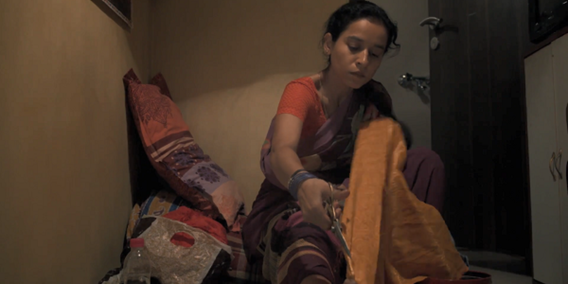When You Settle for Love Because Loneliness Feels Scarier
I’ve noticed something in therapy sessions, at dinner tables, and in my own life — most of us aren’t really chasing love. We’re running from loneliness.
In a country where we grow up surrounded by people — families that feel like mini-villages, friends who drop by unannounced, neighbours who know your exam marks before your parents do — loneliness almost feels unnatural. So when it sneaks up on us, we panic. We look for someone, anyone, to fill that quiet.
The personal bit (because you asked for real)
When I was twenty-three, I dated someone who made everything feel louder — the kind of person who remembered my coffee order, made playlists, and always said, “text me when you get home.” I thought I’d hit the emotional jackpot.
But a year in, I realised I’d stopped doing things alone. I couldn’t decide what I wanted for dinner without asking him. If he was upset, my day collapsed. If he was happy, the world was fine again. My sense of self had slowly dissolved into “we.”
It wasn’t because he demanded it. It was because I was terrified of being alone again. That fear felt bigger than any red flag.
Why we stay when it hurts
In therapy, I often hear: “I know it’s not healthy, but he gets me,” or “She’s the only one who’s really seen me.” It’s hard to walk away from the first person who mirrored your worth — even if that mirror has cracks.
In India, we’re taught endurance more than boundaries. Adjust kar lo is practically a national slogan. We grow up watching our parents patch over pain because family comes first, community matters, and solitude is suspicious. So when a relationship starts to hurt, our first instinct isn’t to leave — it’s to fix. We make excuses, try harder, and remind ourselves, “every couple fights.”
The psychology (in plain language)
When our self-worth depends on another person’s approval, our nervous system treats disconnection like danger. That’s why “just leave” rarely works as advice. Your body is responding to loss the way it responds to deprivation — because emotional safety is survival.
What “doing too much” looks like
When things go wrong, we spiral: “What did I do wrong?” “How do I make it better?” “I’m the problem.” But sometimes you’re not wrong — you’re just doing too much.
You might be over-functioning emotionally to compensate for a relationship that’s under-functioning. You apologise first, compromise more, and shrink your voice so peace can last a little longer. That isn’t love. That’s fear dressed as care.
Relearning what love should feel like
Love that heals doesn’t require you to abandon yourself to keep it. It doesn’t ask you to tone down, apologise for existing, or rationalise harm. It expands you without erasing you.
When I finally ended that relationship at twenty-four, I walked into a café alone. I ordered coffee, opened my book, and realised I wasn’t lonely — I was just quiet. There’s a difference. Sometimes the silence after a breakup isn’t emptiness. It’s space — the kind that lets you hear your own voice again.
If you’re wondering “Is it me?”
Ask yourself: What am I afraid will happen if I’m alone? Whose version of “enough” am I chasing? And when was the last time I felt safe in love — not just seen?
Here’s the truth you already know: the love you deserve won’t make you question your sanity or your worth. It will hold both with care.
Rebuild your relationship with yourself
Explore our tools — steady, stylish, and actually usable when life gets loud.








